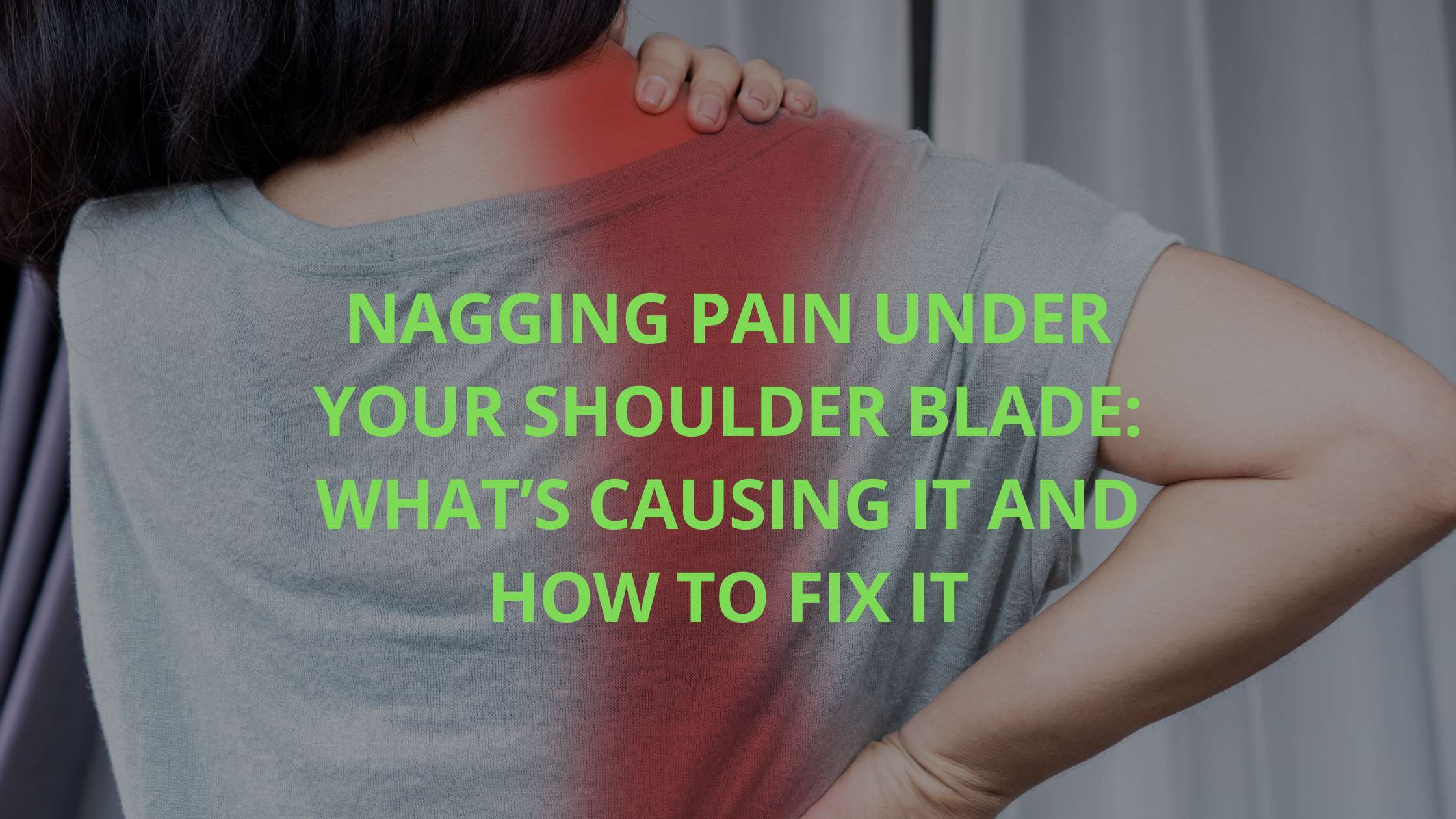
Pain Under Your Shoulder Blade: What’s Causing It and How to Fix It
Ever feel a dull ache, sharp stab, or burning sensation under your shoulder blade? It’s like a pebble in your shoe—annoying, distracting, and tough to

Ever feel a dull ache, sharp stab, or burning sensation under your shoulder blade? It’s like a pebble in your shoe—annoying, distracting, and tough to

Dry needling, a technique utilized in managing muscle pain, has a fascinating history tracing back to the mid-20th century but with a deep history going back 2000 years under the term “Orthopedic Acupuncture.
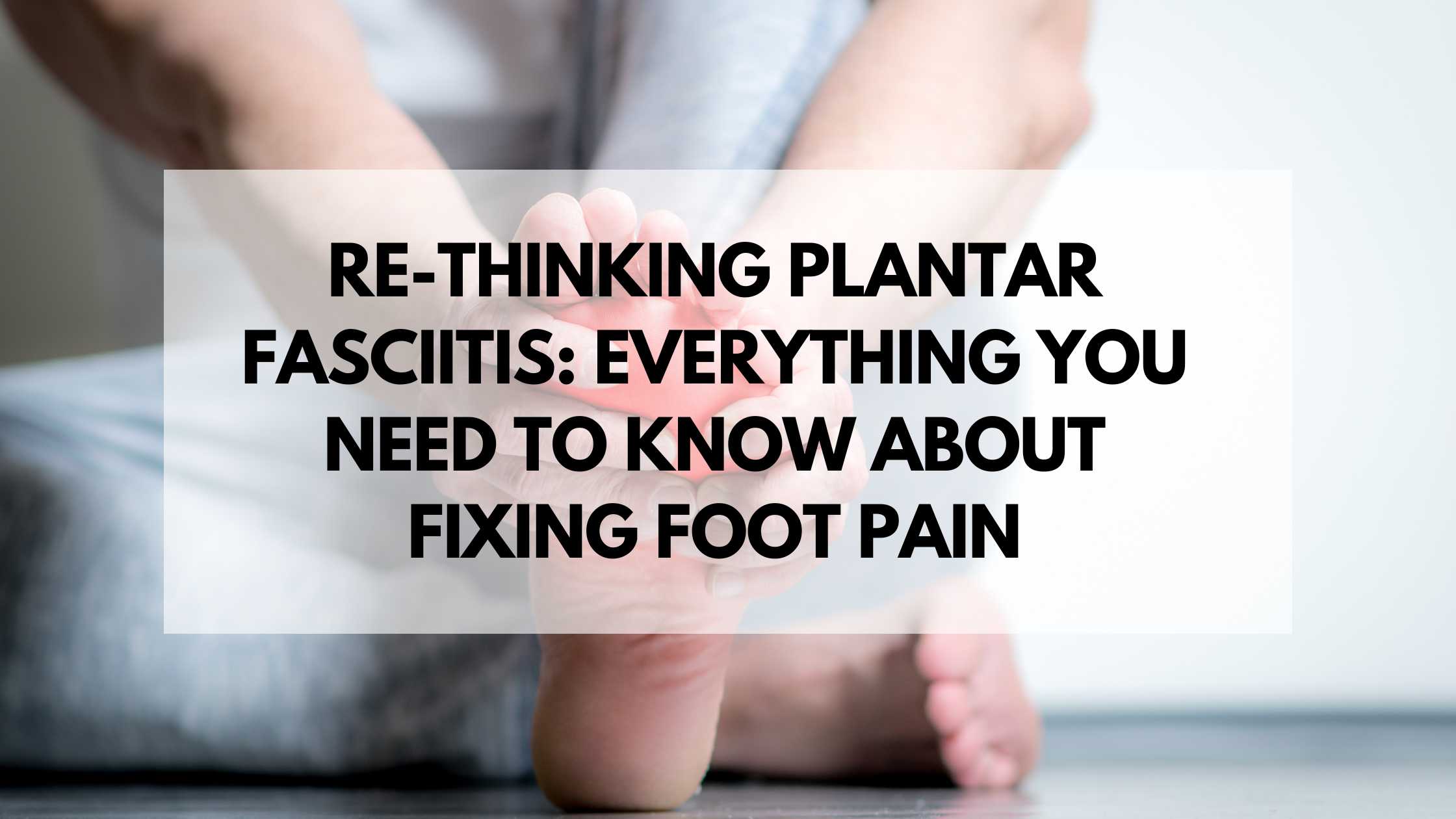
Up until the early 2000’s we labeled foot pain especially on the bottom of the heel as “plantar fasciitis”. The idea was the connective tissue (fascia) on the bottom of the foot was inflamed and causing pain due to overuse.
Because the thought process was plantar fascia was inflamed the treatments (and still the most common approach) was to decrease inflammation with ice, medications like NSAIDs and rest. When this didn’t work rest, orthotics, physical therapy to stretch the foot / calf and cortisone injections were then used.
The problem is these methods don’t work for the vast majority of people and studies show that over 50% of patients still have foot pain 15 years after it starts!

Spinal stenosis is a condition that affects the spinal cord, and it can cause pain, numbness, and weakness in the arms and legs. While there is no one-size-fits-all treatment for spinal stenosis, there are a number of alternative treatment options available that may help to relieve symptoms. In this blog we will cover the best evidence based treatments for spinal stenosis that don’t involve surgery, cortisone steroid injections or expensive unproven stem cell procedures.
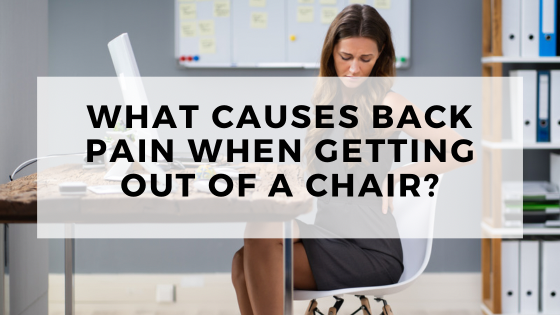
Everyday I have at least one patient who tells me their back hurts when they get out of a chair. They usually come to me
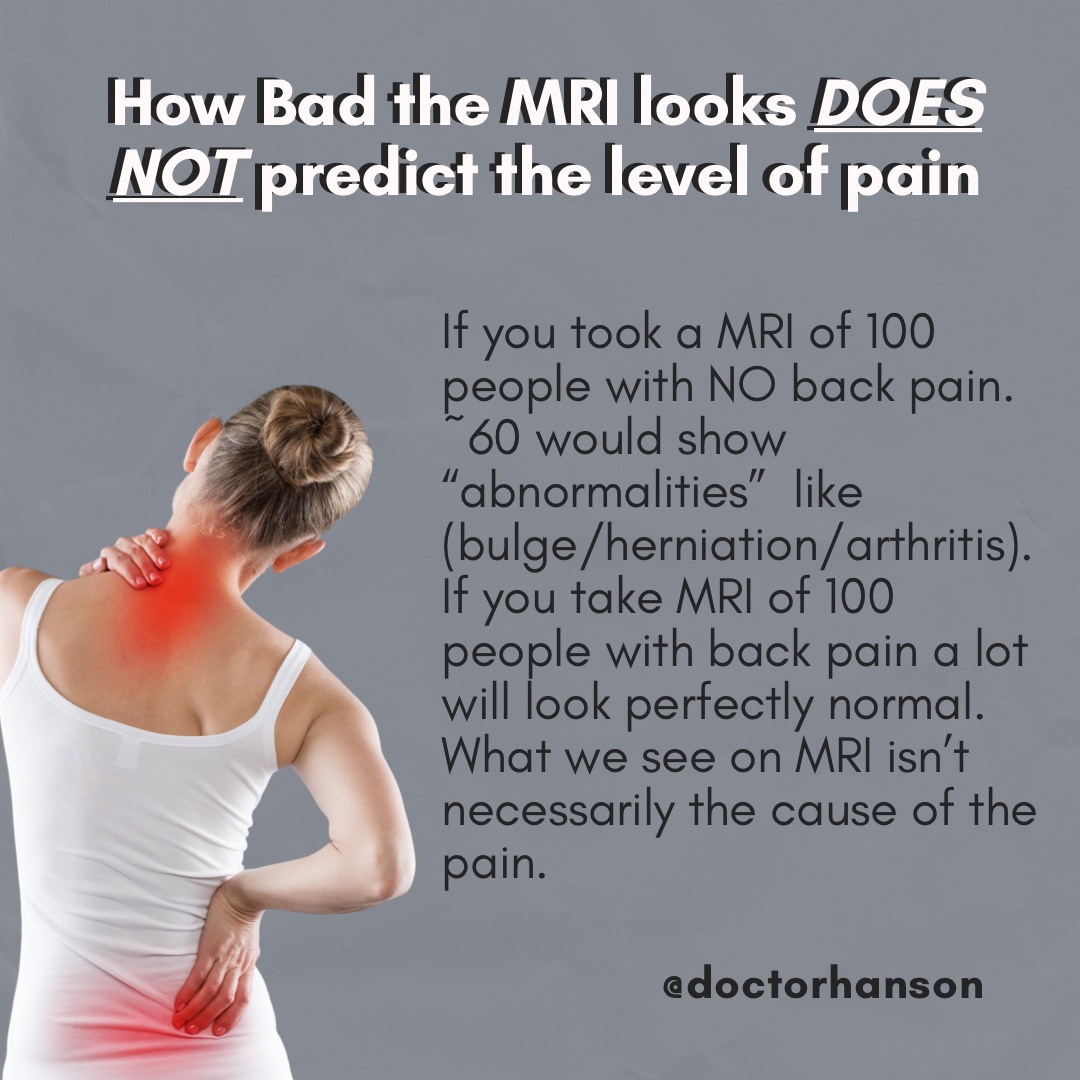
How bad the MRI looks does not predict the level of pain. This has been proven with HUGE studies.
So why do doctors rely so heavily on MRI results? Well, in order to get paid by your insurance company there has to be a diagnosis that can be justified. What’s better than a picture where you can simply point to a structure and say this is the problem.
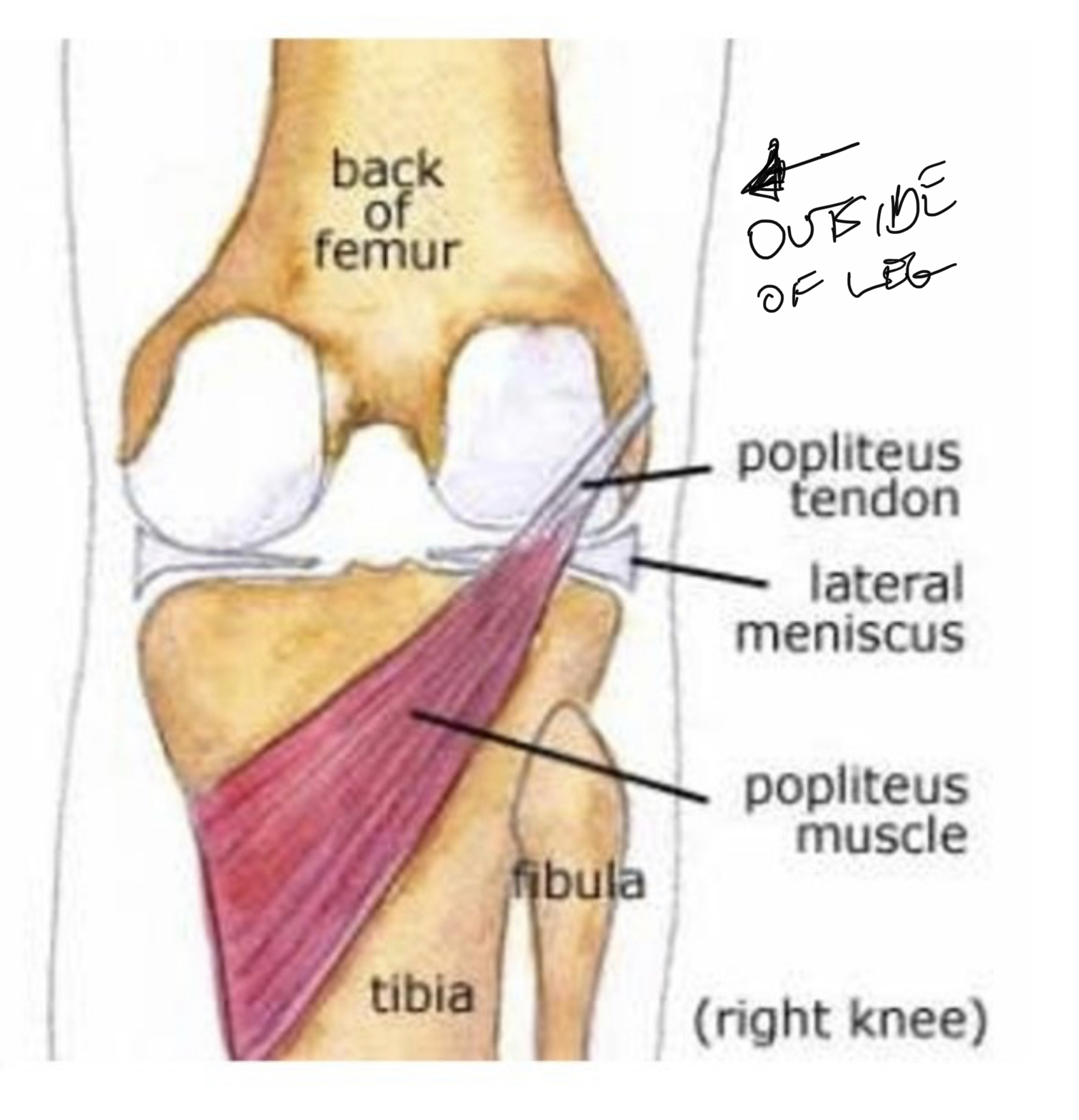
I hear it everyday – someone comes in after getting meniscus surgery because their knee was locking up and they still have pain. Patients with locked knee usually notice their knee locks up when going from sitting to standing or for no reason at all. The theory goes that a piece of a torn meniscus gets in the way and doesn’t let your knee unlock. But here’s the thing, there isn’t much scientific evidence that this meniscus surgery is necessary. What if I told you there was a key muscle in the back of your knee that unlocks it and most doctors completely forget about it and just go straight to surgery.

The problem of hyper specialization in pain / orthopedics Our modern system of hyper-specialization is broken – got neck pain then you’re referred to a

It’s never just one thing that causes your pain, in the end it comes down to a combination of things – how you move, how
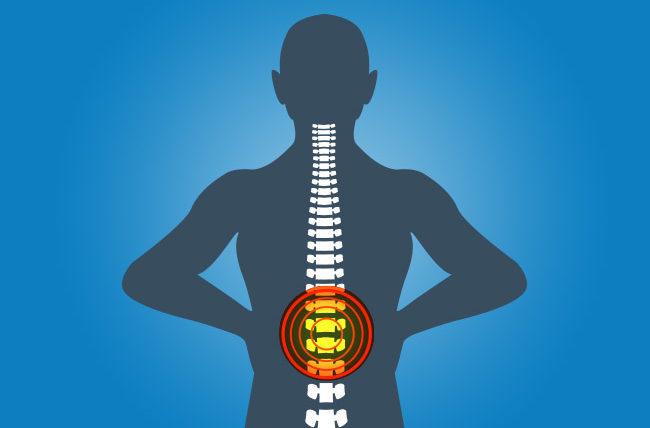
Back pain is one of the most common problems I see in my Dry Needling clinic & Acupuncture Clinic in Tampa, FL. Here’s a quick
See our Privacy Policy for details on how we handle your information
